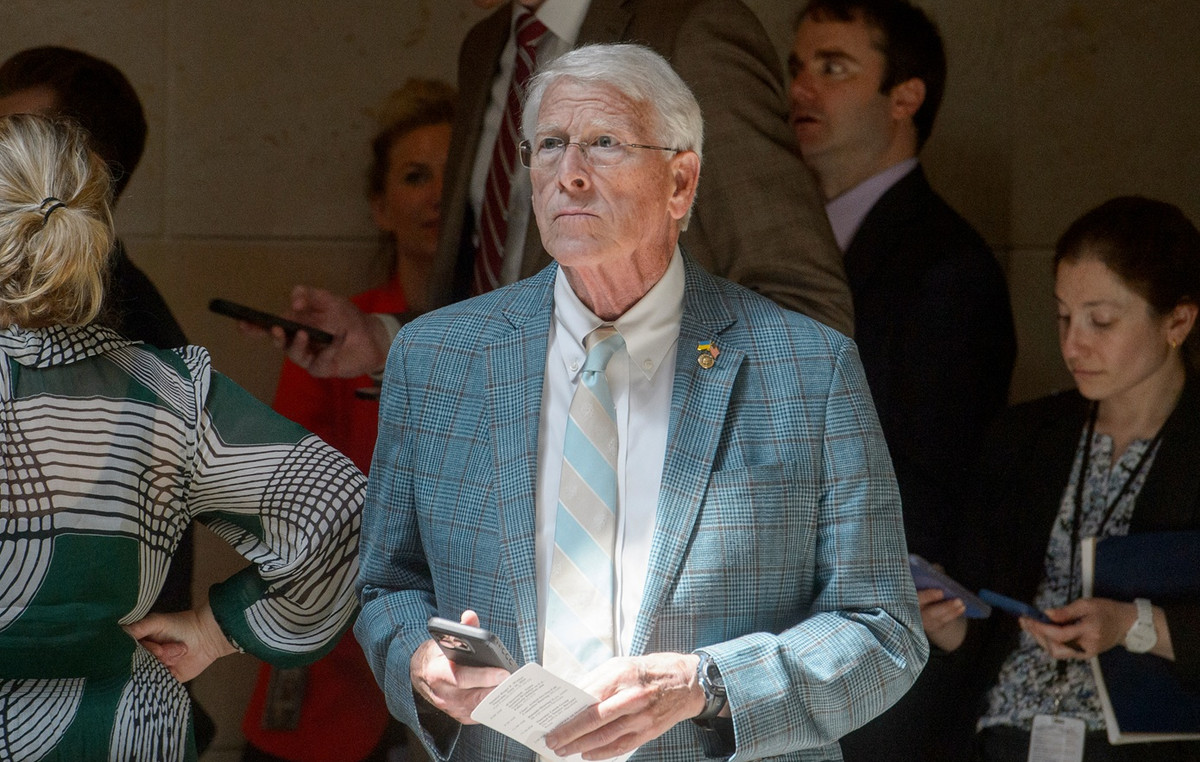The International Air Transport Association (IATA) released a report this week in which it estimates that passenger flights generate approximately six million tonnes of waste per year.
According to the document, of this total, about 20% are sealed foods and beverages, representing an estimated loss of US$ 4 billion. The value had decreased due to the Covid-19 pandemic, but should return to the same level from 2024, estimates IATA.
One of the main obstacles for airlines to recycle or donate food not consumed during the journey is the legislation that varies according to the country.
The association says that there are nations with regulations for disposal, others that are developing regulations and those where there are no defined rules. In addition, there are also specific restrictions for some airports. Still other rules may prohibit a different set of products.
“To give an example: on a flight from Buenos Aires to Paris, a cafe made of paper and lined with plastic will not be considered a SUP (single-use plastic product) on departure, but will be a SUP on arrival, because of the different regulations in Argentina and France,” the statement reads.
Another type of obstacle is the International Catering Waste (ICW), which defines rules for the disposal of organic products in international transport vehicles. Adopted by many governments around the world, this type of regulation exists to reduce the risk of transferring diseases that affect animals and plants between nations. Some examples of countries that adopt this legislation are: Australia, USA, Canada and members of the European Union (EU).
IATA reported that it is holding meetings with regulatory bodies and also with airlines in the quest to review certain legislation and rules regarding the disposal, recycling and reuse of food.
Source: CNN Brasil
A journalist with over 7 years of experience in the news industry, currently working at World Stock Market as an author for the Entertainment section and also contributing to the Economics or finance section on a part-time basis. Has a passion for Entertainment and fashion topics, and has put in a lot of research and effort to provide accurate information to readers.







